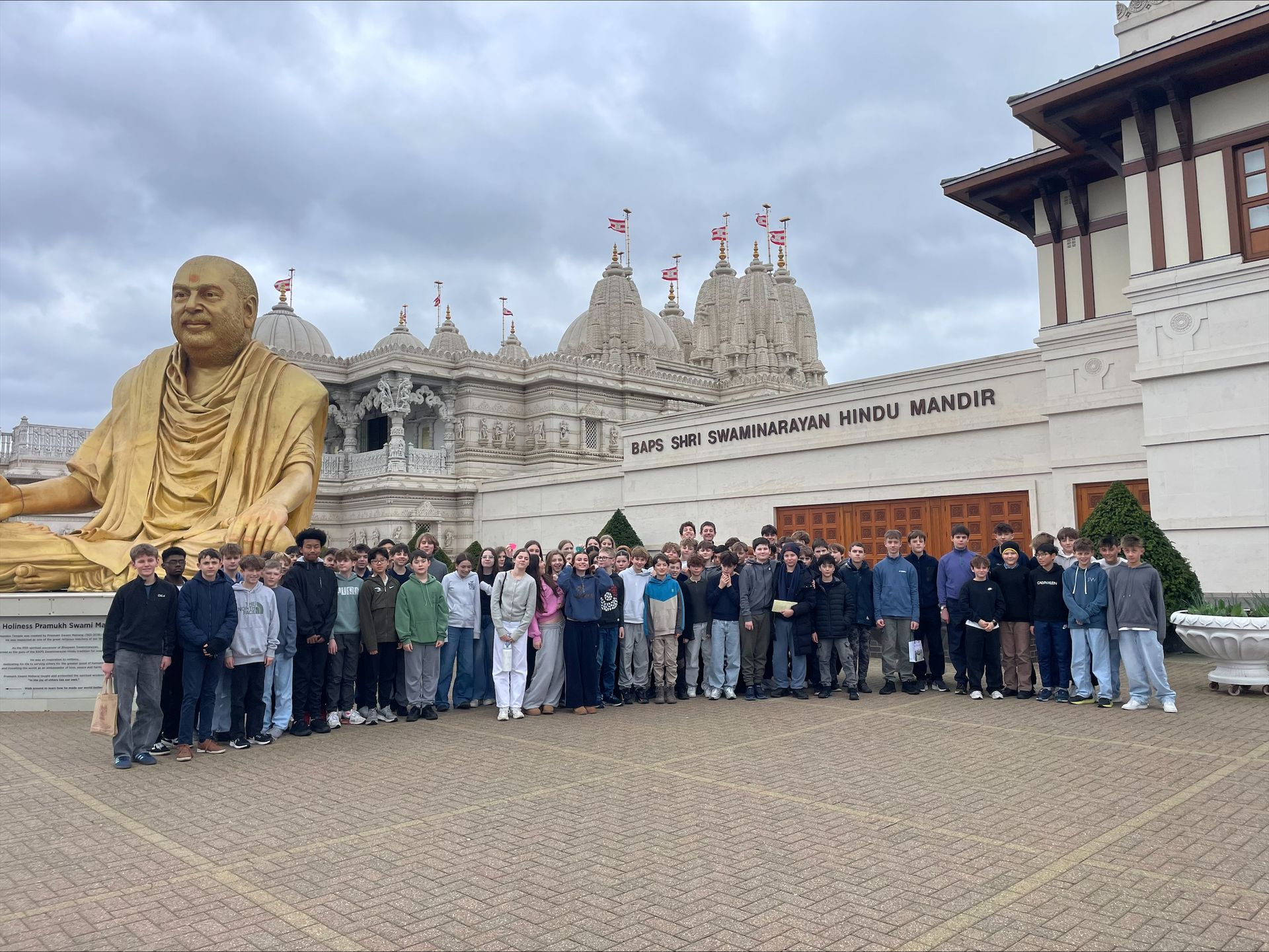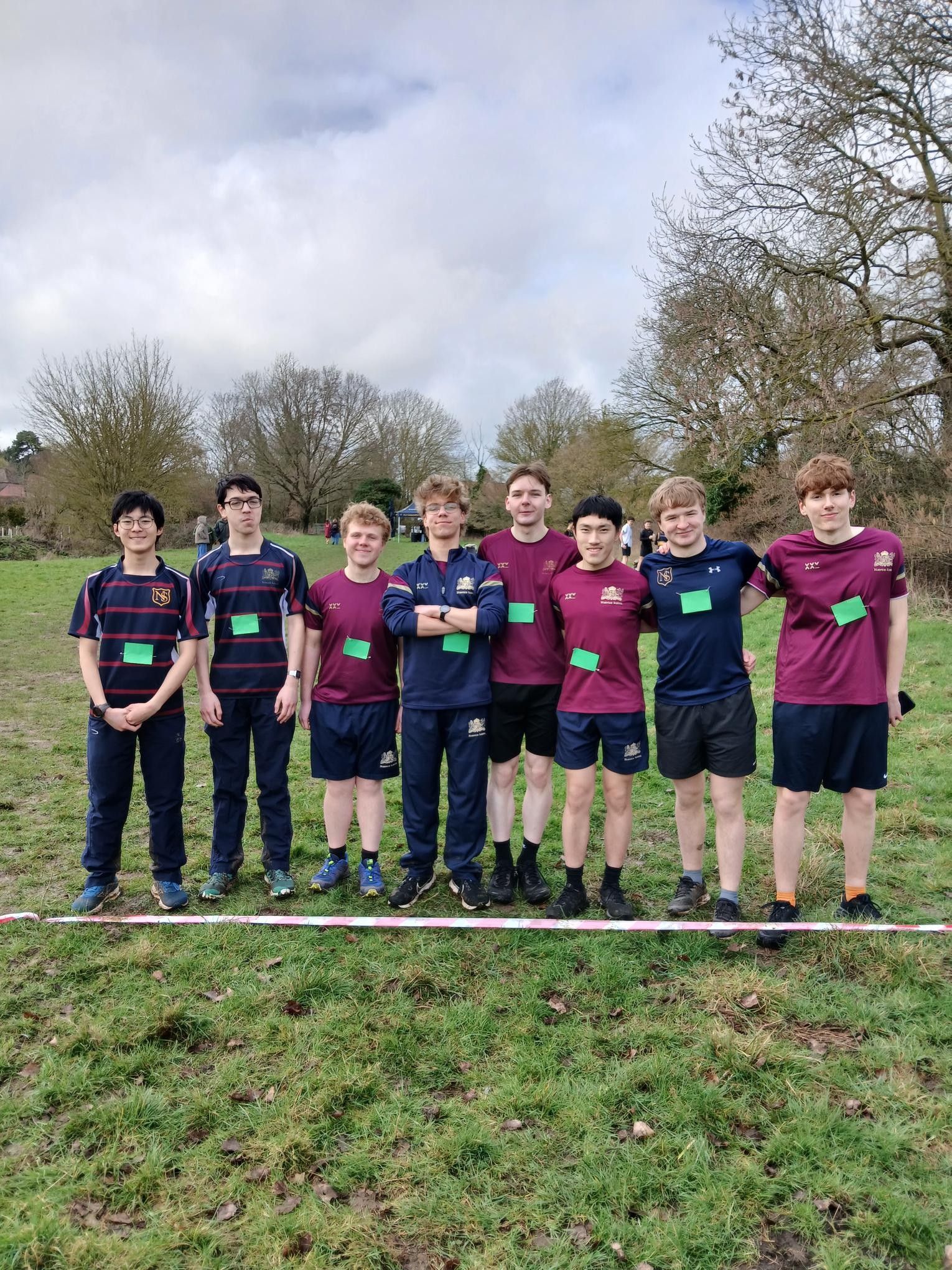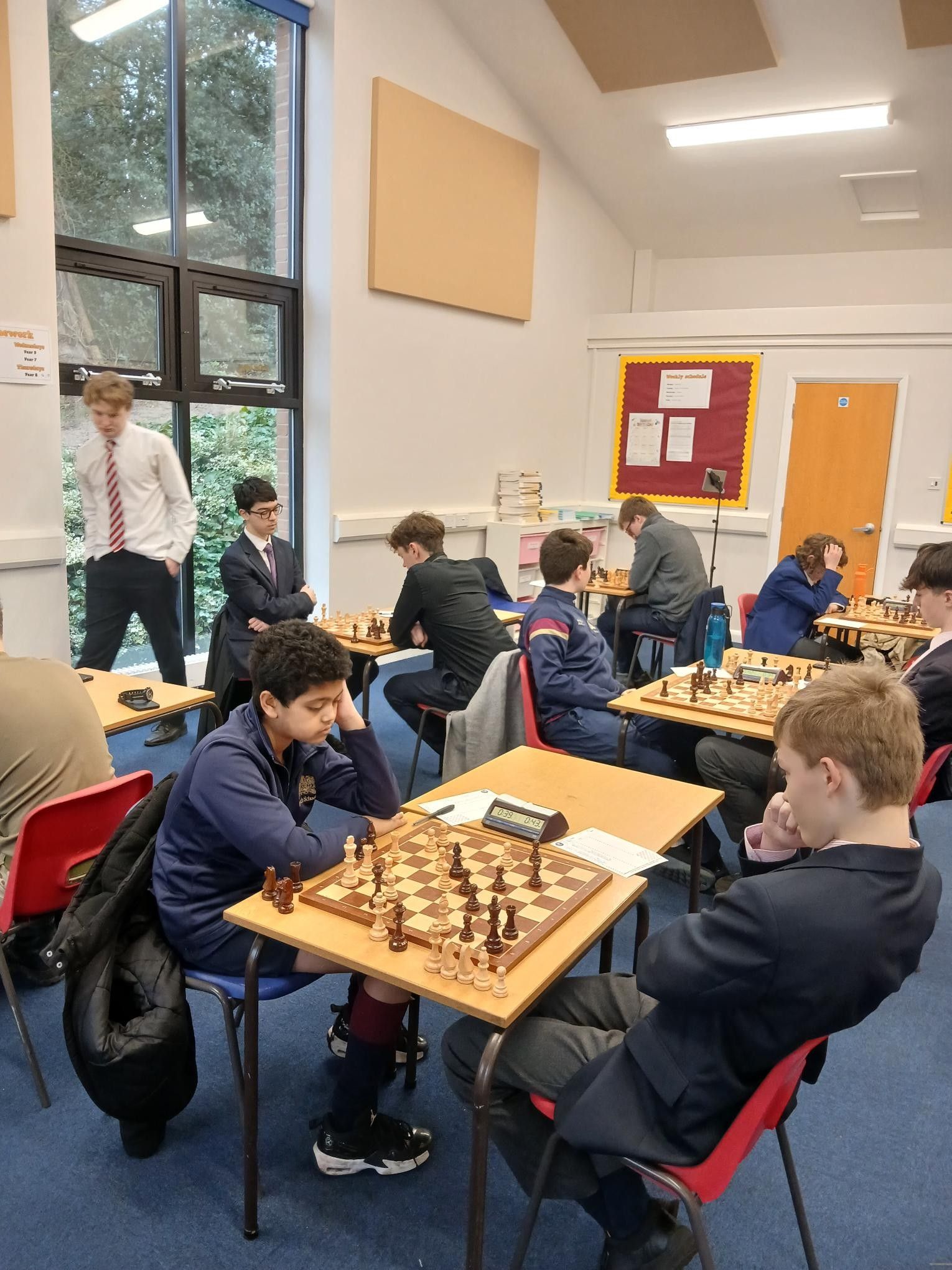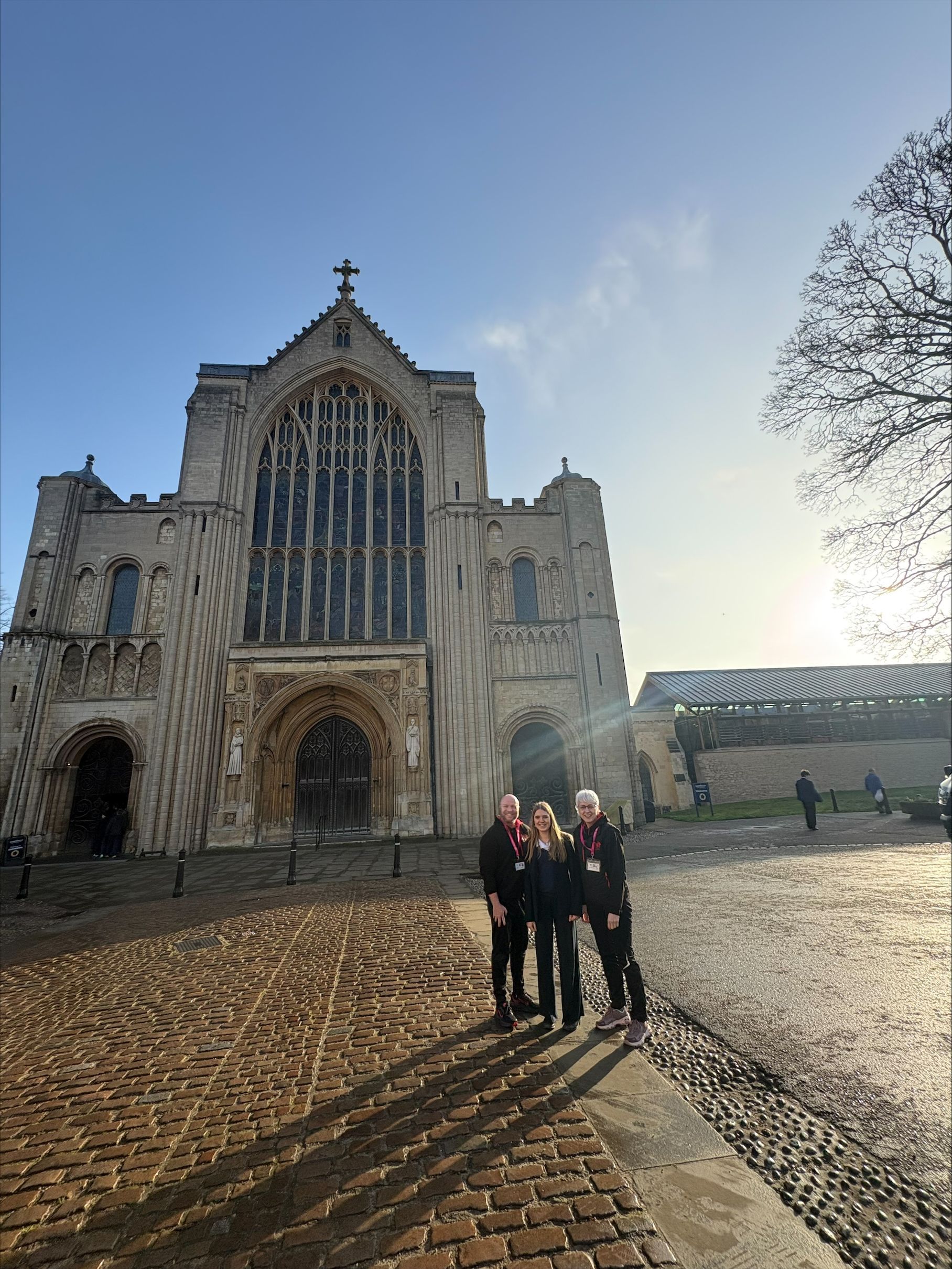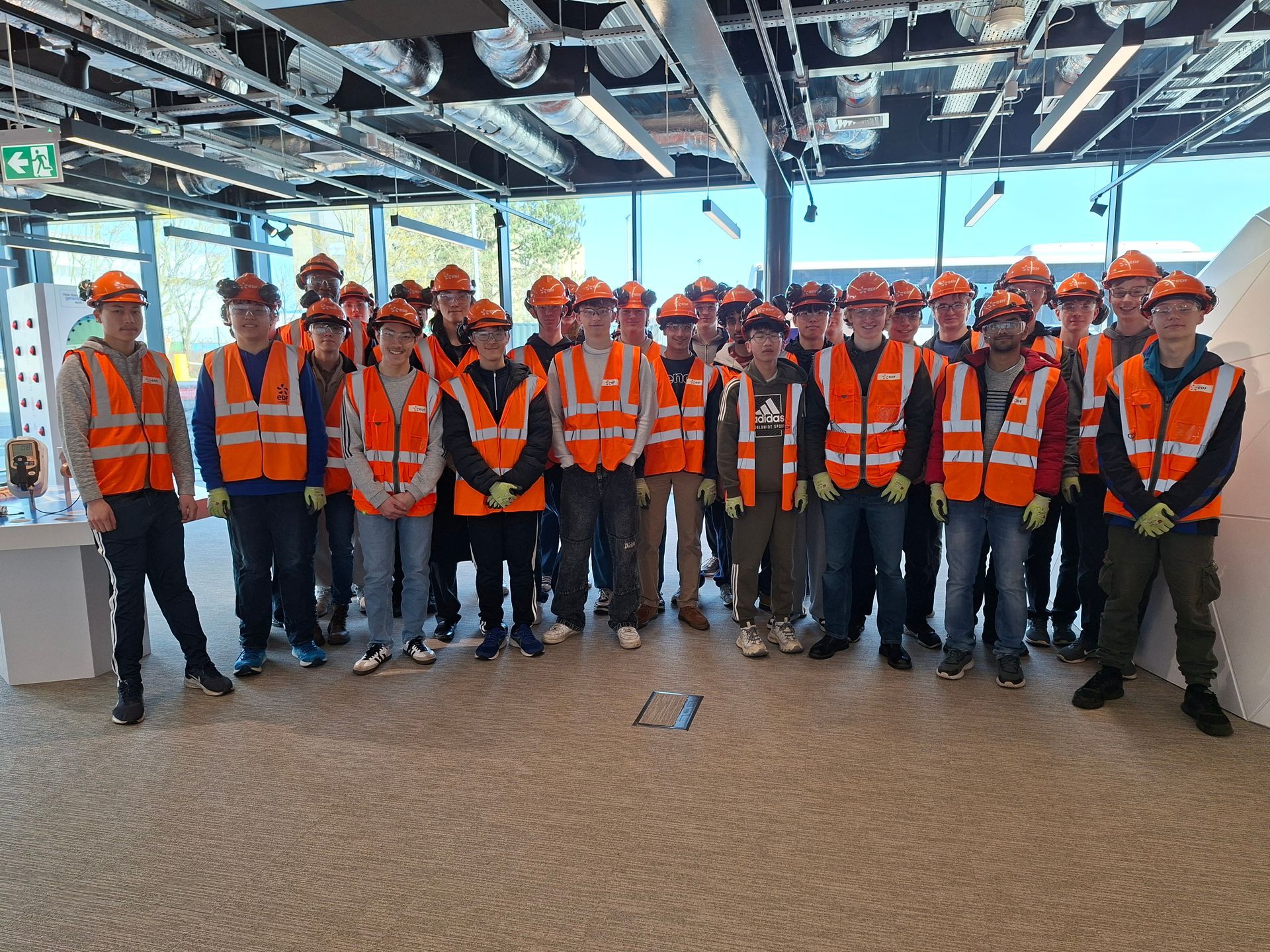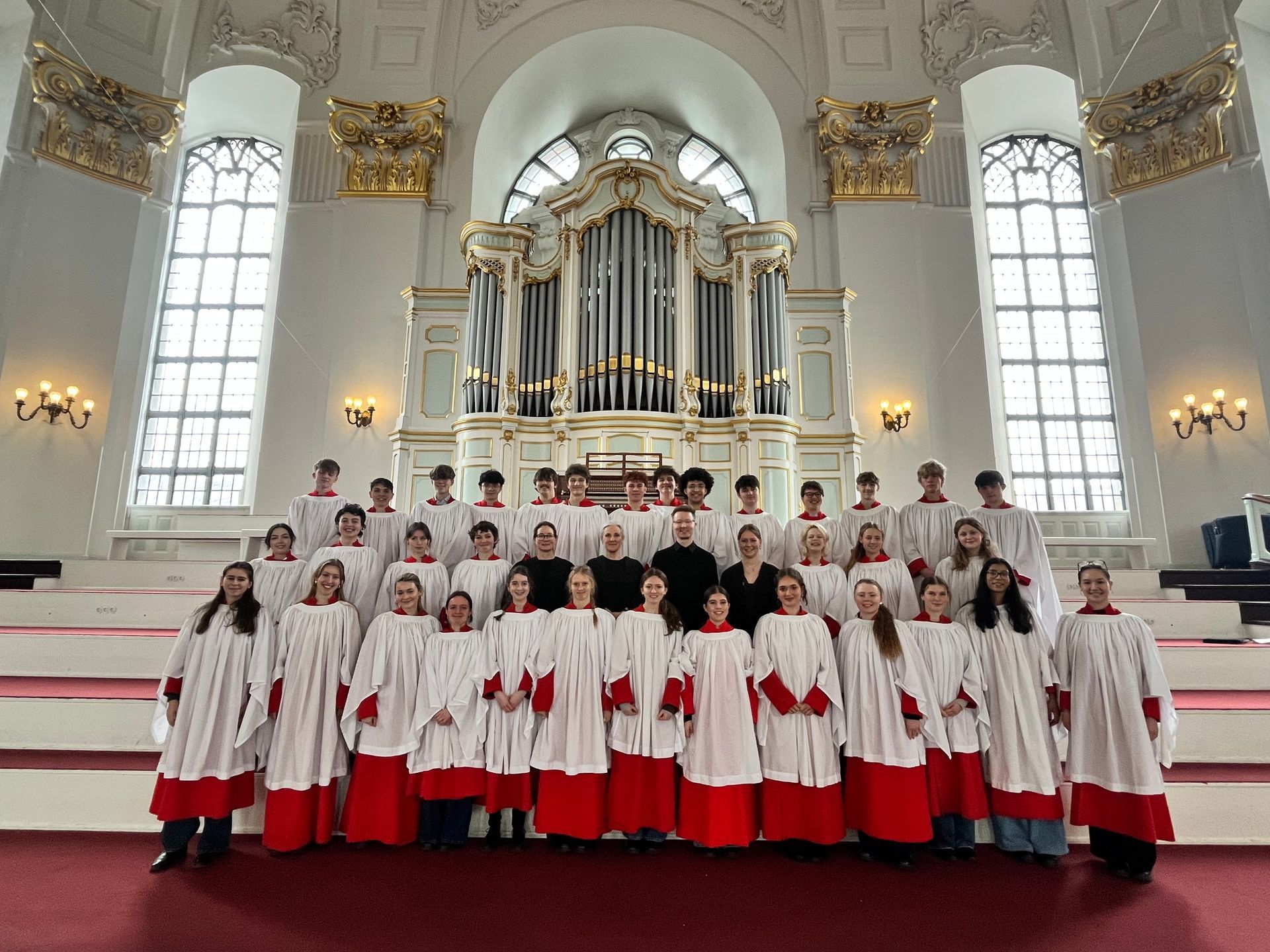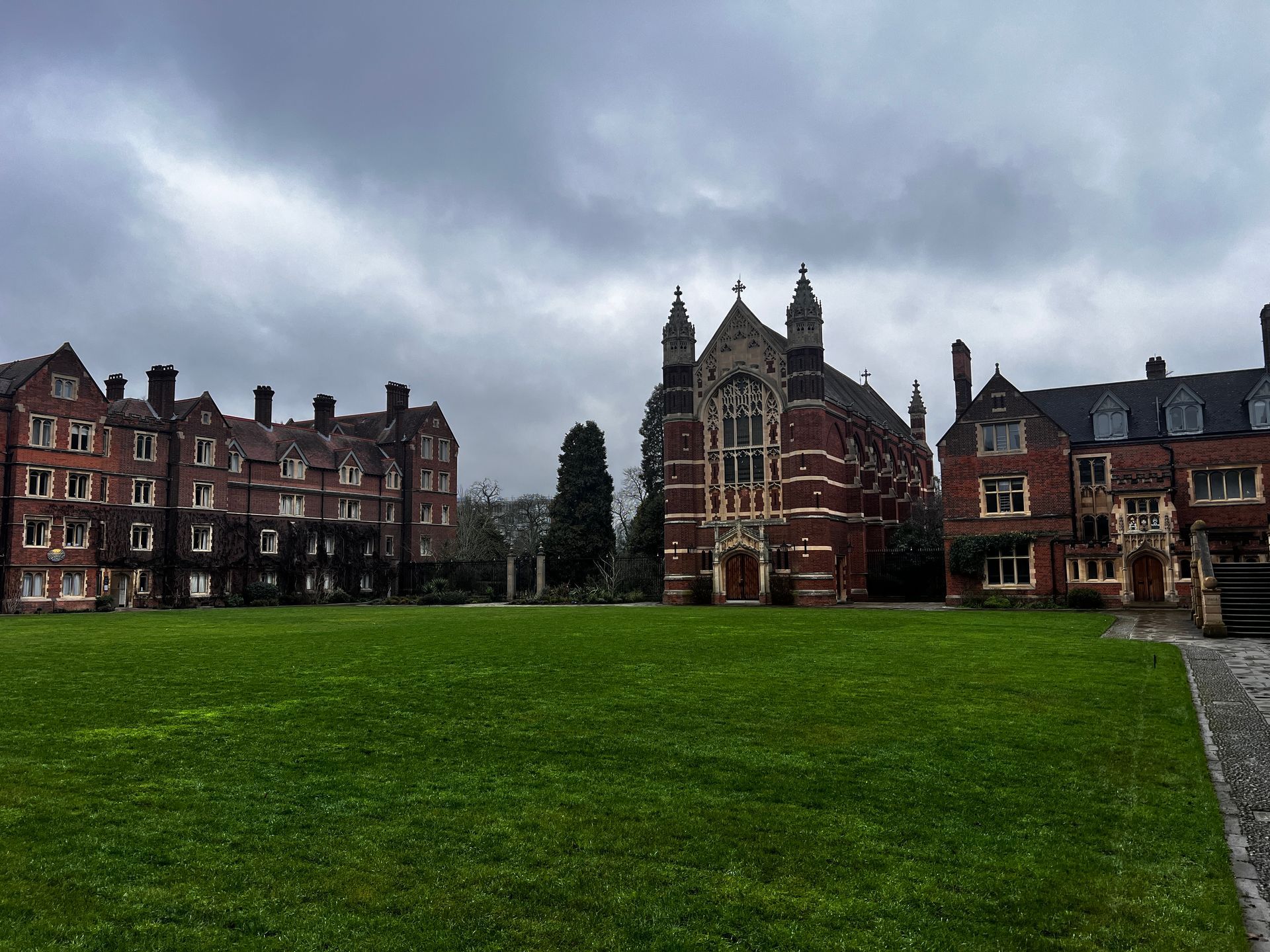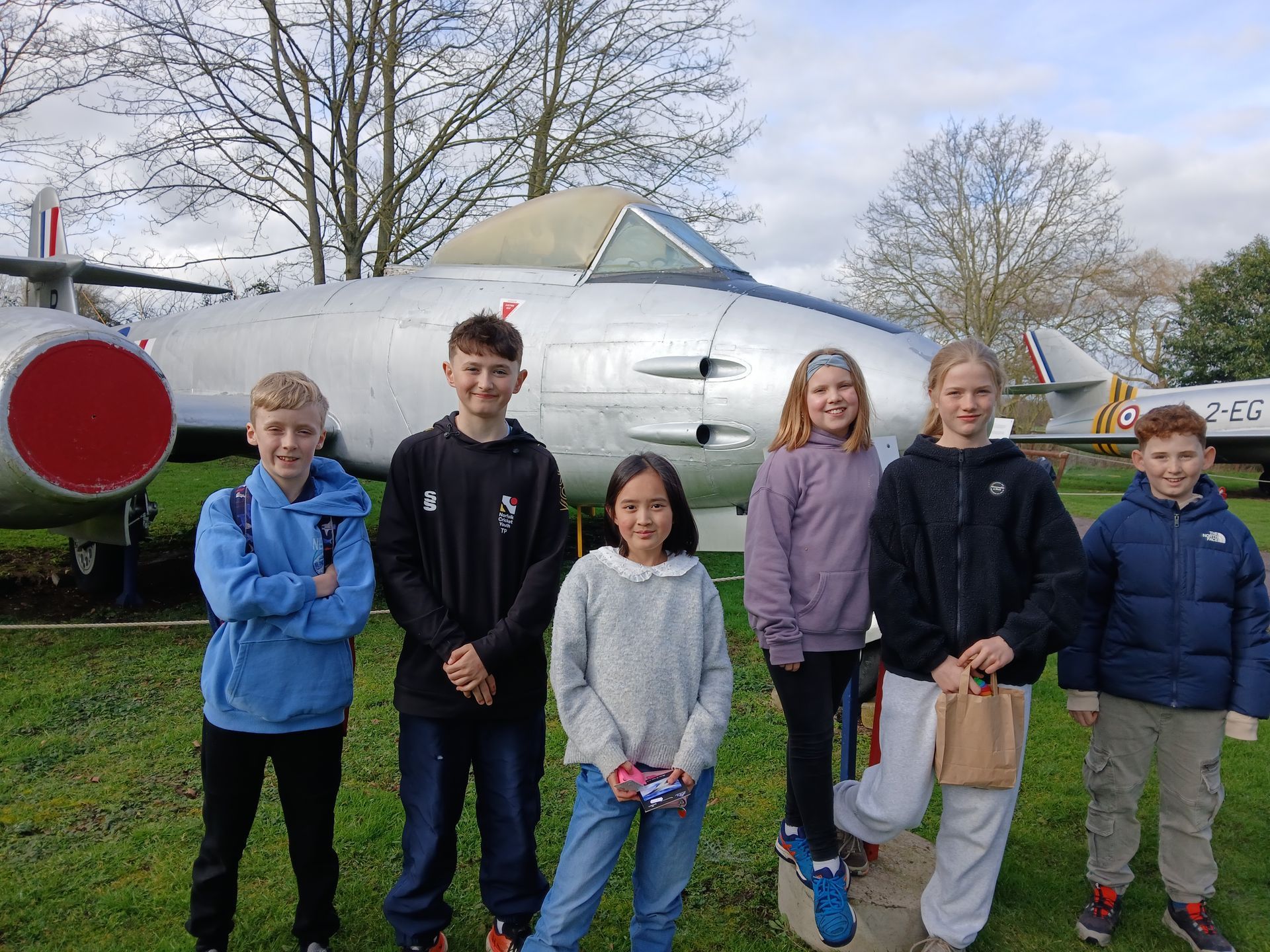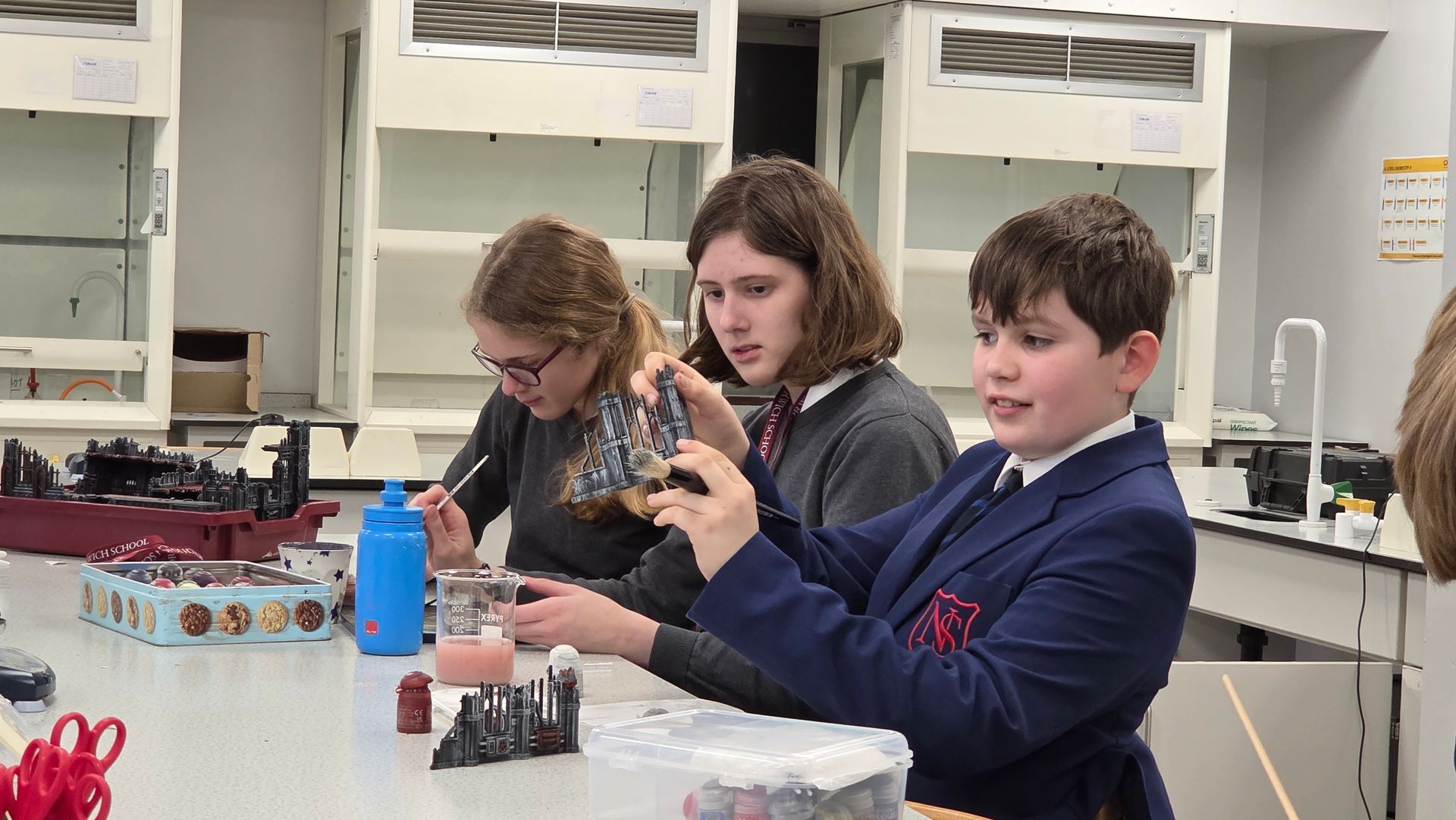Dr Richardson on the changing of the seasons
May 24, 2024
You may recall that on the first Friday of this term, Rev Child talked about playing the long game. His example on that occasion was the Easter story, when Jesus accepted his impending crucifixion, knowing that good things would happen 3 days later.
Far be it from me to find fault with the chaplain, but I would suggest that 3 days isn’t a particularly long game at all.
It so happens that on the evening of that assembly, I went to a talk that Mr Pearson told me about. It was all about a man who started something in 1739 that continues to this day, nearly 300 years later.
The man in question was Robert Marsham. He lived in the village of Stratton Strawless, just a few miles north of Norwich, and is known today as the Father of Phenology.
What is phenology? I hear you ask.
Phenology is essentially the study of seasons. In particular in Robert Marsham’s case, he recorded the arrival of Spring in Stratton Strawless every year from 1739 until he died in 1797. This record was then continued by his son, then his grandson, and the records continued until 1958.
Back in the 1700s, such a record was quite unique. In more modern times, other people have kept similar records all around the world, and this branch of science has acquired the name Phenology.
So how does one record the arrival of spring? It is one of those things that is perhaps not as simple as it sounds. Is it when the first swallow returns from Africa? Is it when the first leaves appear on trees? Is it when daffodils or bluebells appear? Robert Marsham recorded all of these things. In fact he recorded 27 indicators of spring, including various species of trees, insects, flowers and birds.
For example, in 1745, the first swallow appeared on April 3rd, turnips flowered on April 8th, the first cuckoo called on April 22nd, and the Hawthorn flowered on May 13th.
Marsham recorded signs like these year, ….after year, ……after year. And you can find these records online today. For the L6 mathematicians among you, it’s like an 18th century Large Data Set.
While recording these things once or twice may be a nice thing to do, it is really only the longevity of the records that makes Marsham’s records so impressive and useful to science.
To take just one example, Marsham first recorded the appearance of oak leaves in 1749. In the first 5 years of his records, the dates were April 22nd, March 31st, April 25th, April 20th, and May 11th.
Fast forward to 2024, and over the past 5 years the dates have been April 2nd, April 9th, March 30th, April 14th and March 27th.
There are two things to notice here. Firstly, the 2 sets of dates have considerable overlap. In the 1700s, oak leaves appeared in April, or thereabouts, and that is still true today.
Secondly, there is considerable variability from one year to the next, with the dates regularly changing by 2 weeks or more from one year to the next. This natural variability makes it hard to detect real changes. This is where you need to average the results over many years.
If you do that, you find that if you take 30 year averages throughout the 1700s, 1800s, even up to 1950, the average date was consistently about the 25th of April. But over the last 30 years, the average date has been the 4th of April.
It might not seem like it every year, but spring is getting earlier, and the reason we know this is because of long term observations of enthusiasts like Robert Marsham.
This morning’s reading is about the events of Pentecost, which was celebrated in churches around the world last Sunday. It is when the Holy Spirit is said to have come down from heaven and infused Jesus’s followers with the passion and the necessary skills to spread the good news of Jesus Christ around the world, including the ability to speak to lots of different people in their own language.
It tells us that Jesus’s death and resurrection are not the end of the story. The world did not get made perfect on that Easter Day 2000 years ago. Sadly as we know, lots of terrible things have happened, and continue to happen since then. The goal of creating a peaceful world full of kindness and love is one that continues to require the constant efforts of millions of good people.
Is it a completely unrealistic goal? You might very well think so. But does that mean that we might as well give up and stop trying? Of course not.
This time of year brings an end point to several aspects of life. Man City are champions, again. Ipswich are up in the top flight for the first time in all of your lifetimes, while Norwich missed out in the playoffs.
But of course this isn’t really the end. Ipswich will inevitably come straight back down again, while Norwich are looking for the right manager to make sure they get promoted next year.
Similarly, you have all sat, or will soon sit your end of year exams. While they might seem like an end in themselves, most of you will continue with the same subjects next year, and will look back on these exams as another learning experience, and a stepping stone to great things in the future.
So, next time you suffer a bit of bad luck, or do something you regret, I encourage you to try to take the long-term view. Nobody ever gets through life without slipping up along the way, or suffering a disappointment. The apostles weren’t perfect. Peter denied knowing Jesus, Judas betrayed him, and Thomas refused to believe he had risen. They didn’t always do the right thing, but the church they started (while still not perfect itself) is still helping people and spreading love around the world 2000 years later.
Going back to Robert Marsham, to say he recorded the arrival of Spring every year is not quite true. There are gaps in his record. Some years we know he was overseas, and who knows – maybe some years he just got fed up with it and couldn’t be bothered. But in the context of a record that spans centuries, you can afford the odd gap. Without being perfect, his records provide a unique insight into the natural world and the impacts of climate change.
I encourage you to take notice of the world around you, what changes and what stays the same. If the world of phenology has sparked your interest, a project that you might like to try is to take a photo of something every month for a year. It could be your garden, your street, or just an individual plant or animal. You might be amazed at the changes you see as the 4 seasons pass by. And once you start, you don’t have to stop after 1 year.
I’ll finish with a prayer for our natural world, written by Graham Usher, Bishop of Norwich, who is also the Church of England’s lead Bishop on the Environment.
God of life,
we praise you for the beauty of creation,
its richness and variety;
yet, through greed and ignorance,
we scar your world with plastic waste
and throw so much away.
Make us more like Jesus,
treading gently on our common home,
and breathe your Spirit on us,
that we may care more deeply for your Earth.
We ask this through Jesus Christ our Lord.
Amen.
Would you please stand.
As we go our separate ways for our half term break, and Irish blessing to send you on your way.
May the road rise to meet you,
May the wind be always at your back.
May the sun shine warm upon your face,
And the rains fall soft upon your fields.
And until we meet again,
May God hold you in the palm of his hand.
Amen

